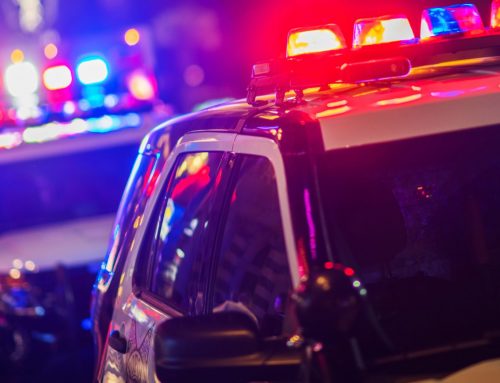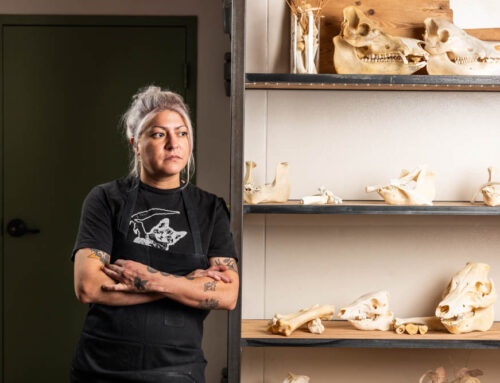“Are you sure this is Louise’s class?”
Looking around the room filled with mainly Anglo senior adults, the television reporter wondered if we had pulled a switch on her. She was looking for the Sunday school class attended by Louise Troh, the Wilshire Baptist Church member who was the fiancée of Dallas Ebola victim Thomas Eric Duncan.
“I expected to see a class for immigrants,” the reporter explained.
The Wilshire member accompanying the reporter quickly replied: “We don’t have any of those kinds of classes. We only have classes for people.”
[quote align=”right” color=”#000000″]We have a choice every day about whether we will live in fear that pulls back from people or in love that moves toward people. [/quote]If we as a city learn nothing more from playing host to the first known case of Ebola in the United States, surely we need to learn again the lesson that all people are created equally in God’s image. Sadly, not all in our community have been able to see past skin color and country of origin in this matter. Some immediately saw Eric Duncan as an unwelcome patient because he was an immigrant, and others immediately assumed he was mistreated because of his skin color. We need to prove both sides wrong.
“Flesh and blood shall not inherit the kingdom of God,” the Apostle Paul wrote in 1 Corinthians 15:50. Eric Duncan had flesh-and-blood dreams, and Eric and Louise built a castle of dreams they never got to inhabit. If reality is only flesh and blood, that dream died with Eric Duncan. And if our vision of those walking around is only based on flesh and blood, we fail to comprehend the kingdom of God, even if we label ourselves “Christians.”
Thankfully, two of our civic leaders have demonstrated extraordinary courage during the Dallas Ebola crisis. Politics and party affiliations aside, Mayor Mike Rawlings and Dallas County Judge Clay Jenkins chose to see beyond flesh and blood in offering care for Eric, Louise and others affected by this threat of illness. Their leadership has been exemplary. Many others in our community — Christians, Jews, Muslims and others — stepped forward to see Eric as a person more than a patient.
No one wanted Ebola to knock on our door, but when it did, the majority of Dallas residents would not be cowed. Outpourings of compassion and sympathy far outpaced the expressions of anger and fear. As the national media descended upon our city, we put forward a witness of faith more than fear. This has a unifying effect that should strengthen our community. And hopefully it has given us a more global perspective.
In the drama of life, we must move toward each other, not away from each other, because we know the real story reaches beyond flesh and blood. We have a choice every day about whether we will live in fear that pulls back from people or in love that moves toward people.
Christians — and all people of faith — should lead the way in combining the knowledge of science and the wisdom of faith. Science tells us how this disease is transmitted, and we need to accept the facts for what they are. Faith tells us how to care for our neighbors as ourselves, and compels us to live out that kind of love.
Now these three remain, the apostle says: faith, hope and love. But the greatest of these is love.






